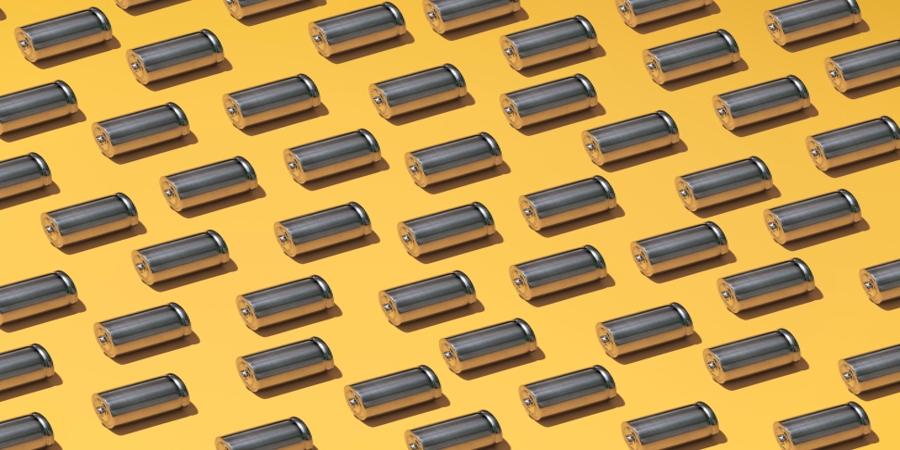“Batteries are hard,” an expert once said.
He wasn’t kidding. Designing and manufacturing pouches, slabs or cylinders filled with volatile chemicals that are capable of recharging ever more quickly is far from easy. Just ask LG, which had to pay GM nearly $2 billion for a costly manufacturing defect that saw every Chevy Bolt recalled.
It gets even harder when you consider the realm of possibilities. There’s a range of materials that can store electrons and tweaking their amounts only expands the number of combinations.
“Whenever you have a new battery that needs to be designed, there’s a huge design space, almost limitless design space,” Kaixiang Lin, co-founder and CEO of Chemix, told TechCrunch+.
Years ago, new battery types were discovered by chemists laboring away at benches, testing different combinations. They were guided by an in-depth understanding of electrochemistry, decades of previous research and a hefty amount of intuition. They made great strides relying on that combination. But as batteries have spread throughout society, the need for new and specialized chemistries has only grown.
Enter artificial intelligence. Battery companies have started to turn to machine learning to understand how batteries degrade over time, how they might charge faster and even which combination of materials might produce a better cell. The move toward specialization is creating more niches for startups. It’s also a transition that appears to be driving parts of the early-stage battery industry to behave more like the software sector: quick to scale, and possibly, quick to fail.
Chemix is hoping that by building a company that’s entirely focused on applying AI to battery development, it’ll be able to create a moat that’s broad and deep enough to let it stay ahead of its competition.
Lin and co-founder Jason Koeller, who serves as CTO, founded Chemix in 2021 and participated in UC Berkeley’s SkyDeck accelerator. Now, the company has raised a $10 million seed round from Mayfield Fund, Ibex Investors and Radical Ventures, TechCrunch+ has exclusively learned. Chemix is valued at $37 million post-money, according to PitchBook data.
The company uses data and software to crank out novel cell designs that it hopes will allow it to serve a wide range of customers. Lin likened his company’s approach to Nvidia, which designs advanced logic chips while letting other companies (mainly TSMC) produce the physical product.
“We focus on the high value-add step that is, I would say, the most challenging step: zero to one, how to come up with a battery design because of the limitless design space,” he said. “We basically leverage AI/ML to speed up the development process to find the most optimum design.”
Source @TechCrunch



